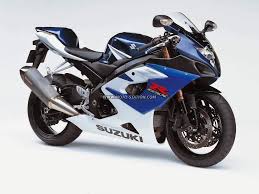MotoGP

(bikes must have 4-stroke engines)
- 2 cylinders or less 133 kg
- 3 cylinders 140.5 kg
- 4 cylinders 148 kg
- 5 cylinders 155.5 kg
- 6 cylinders or more 163 kg
250cc
- 1 cylinder 100kg
- 2 cylinders 100kg
125cc
- Motorcycle + rider 136kg
The teams may add ballast to their bikes to achieve the minimum weights and the weight may be checked at the initial technical control, but the main control of weight is made at the end of practice sessions or at the end of the race. For the 125cc class the weight checked is the total of the rider with full protective clothing plus the weight of the motorcycle.
In normal circumstances each team has two bikes prepared for racing for each rider, so that there is no delay should a problematic bike need to be replaced before a race or before or during a practice or qualifying session. The 2006 season saw the first instance of flag-to-flag racing at the Australian Grand Prix at Phillip Island, during which the MotoGP riders changed machinery mid-race to use bikes with wet tyres.
Showcase Design
Grand Prix bikes are produced to win races and to showcase the design and technological capabilities of their manufacturers. The machines are therefore constructed from expensive, hardwearing and extremely light materials such as titanium and reinforced carbon fibre and benefit from the sort of advanced technology (carbon disk brakes, engine management systems, traction control) which does not feature on regular road bikes.
With millions of fans watching each round of the World Championship, when the bikes are on track they are also showcases for the numerous big brands involved in sponsoring MotoGP teams. Each bike displays a race number at the front and back, and usually features the colours and logos of the respective teams’ main sponsor as well as numerous other logos displaying the names of teams’ sub-sponsors.















0 comments:
Post a Comment